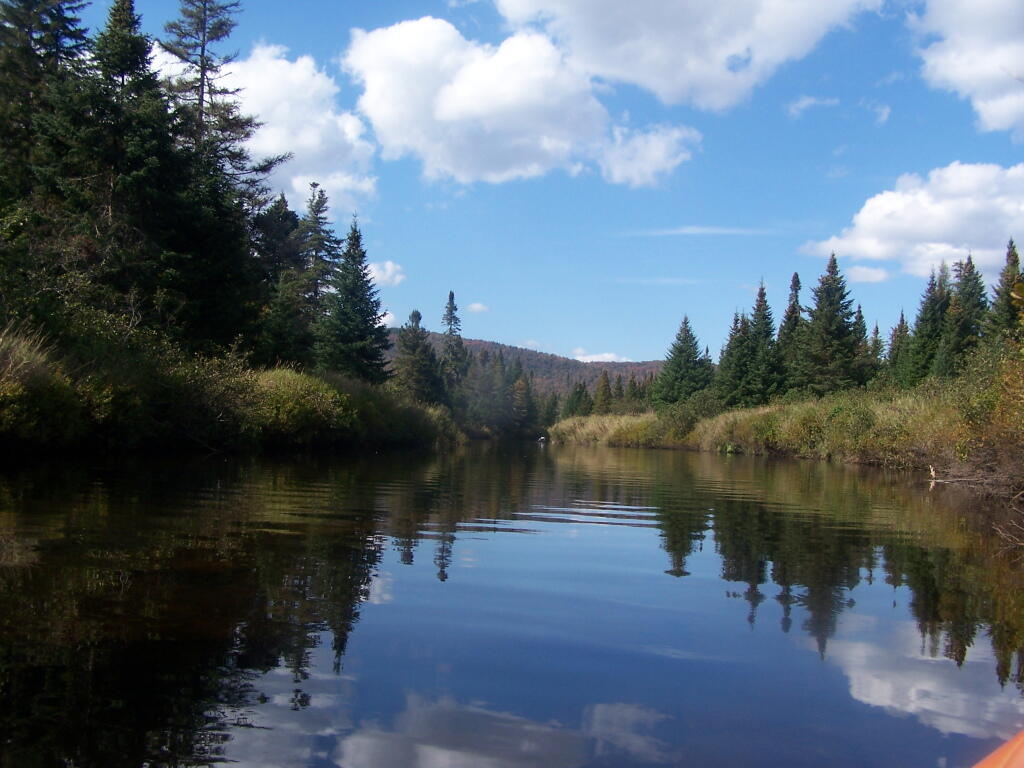My Take on Geothermal Power
Imagine a town seeking to save water and reduce use of their wastewater treatment plant started shipping all of it’s residents plastic forks, styrofoam plates and sealed bags to put their used toilet paper in and increased trash truck pick up to twice a week, to deal with the increased waste going to the local landfill. Such a scheme would likely reduce the amount of water consumed by residents and the amount of solids received by the waste-water treatment plant. But the cost with a lot more waste going to the landfill.
In many ways, it’s a scheme not unlike geothermal heating or ground source heat pumps. Geothermal heating replaces the on-site combustion of fossil fuels to make heat, steam, and hot water in favor of using a large quantity of electricity produced off-site (often using fossil fuels) to compress refrigerant that either dumps heat into the ground to cool a building the summer or extracts heat from the ground in the winter. It’s a process that moves heat, it’s not unlike conventional heat pumps you see on houses and buildings to do the same but dumping it into the ground which is a more consistent temperature.
Heat pumps are remarkably efficient at raising or lowering temperature in the room, especially when the location they are extracting or dumping heat to is close to the desired room temperature. They don’t generate heat — they just move it from outside to inside or vise versa. But the thing about heat pumps — even they are efficient — they still use a lot of energy as heating and cooling is quite energy intensive. The grid is an ample source of electricity, however if your replacing a system that conventionally used steam or a furnace to make the energy, it can greatly increase the load on the grid to replace those old sources of energy.
Geothermal with it’s high electricity energy demand is not a good mix for off-grid living, and probably not a good mix with a mostly renewable electric grid of future to power our cities, which will certainly need to be be much smaller and efficient then a fossil-grid, especially if we need to drop energy use dramatically in the coming decades to phase out fossil fuels. Simply said, heat pumps are not a long-term solution to decarbonization of society. Rather then investing in electricity-intensive methods of heating and cooling, more should be done to utilize passive solar radiation like south facing windows, improve insulation, stop air leaks — and most importantly a move away from automobile centric transportation.

